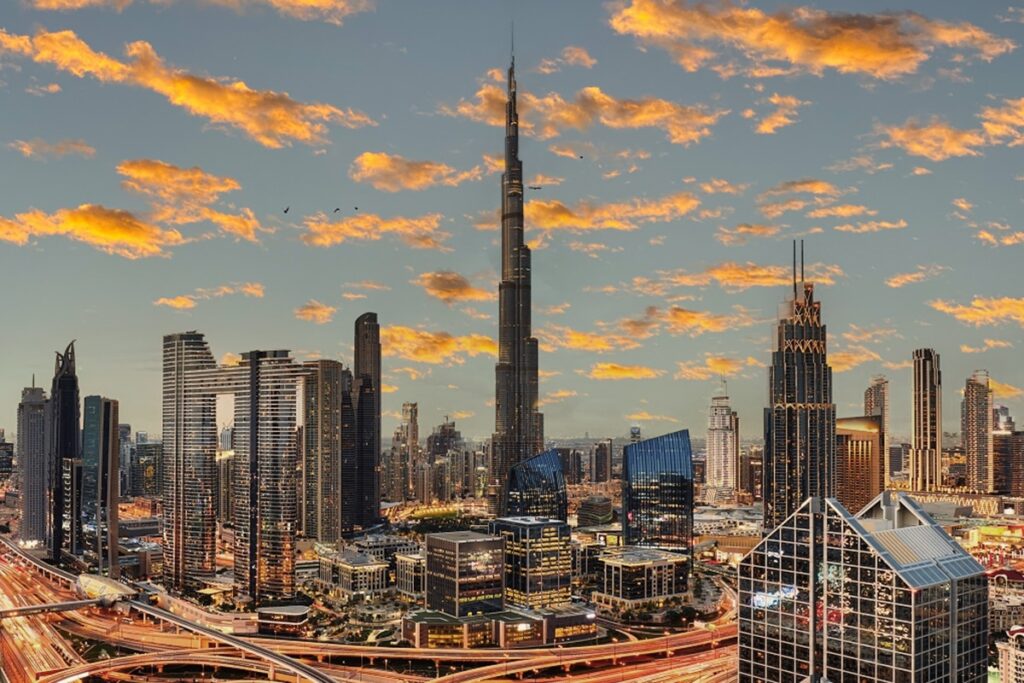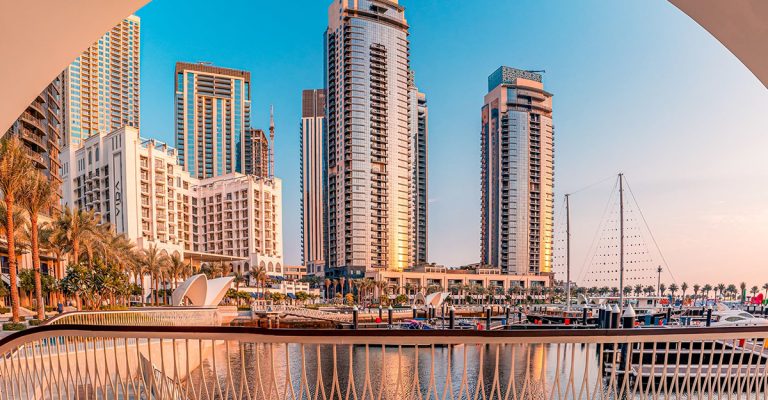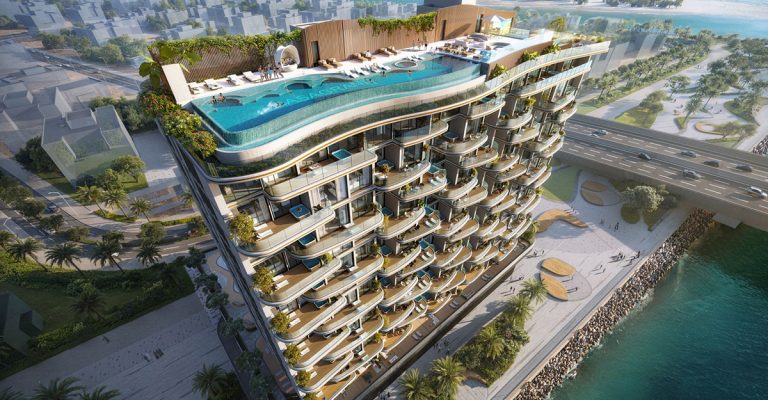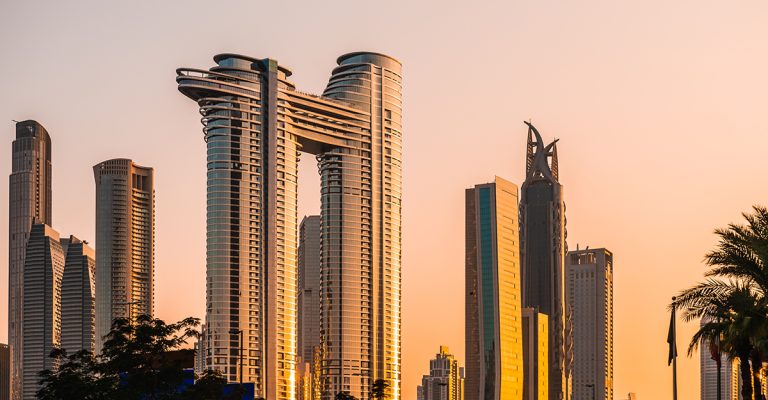
Indian Investors Fuel Dubai Real Estate Boom with $20 Billion Annual Influx
In a significant development for the UAE’s burgeoning real estate market, wealthy Indian investors are poised to inject up to $20 billion annually into UAE assets, capitalizing on the robust growth of Dubai’s property sector. This surge in investment is facilitated by new regulations from the Reserve Bank of India, which provide greater clarity and flexibility for cross-border investments. The move is expected to further stimulate an already thriving market, which recorded an unprecedented 226,000 transactions valued at AED761 billion ($207 billion) in 2024.
The revised Overseas Portfolio Investment (OPI) and Overseas Direct Investment (ODI) guidelines under the Foreign Exchange Management Act (FEMA) have been pivotal in this shift. These regulations allow Indian entities to invest abroad without prior approval from the Reserve Bank of India, provided the investment does not exceed 400 percent of the entity’s net worth. This liberalization has sparked a 67.74 percent increase in India’s outbound investments, which reached $41.6 billion in the fiscal year 2024-25.
Dubai’s Real Estate: A Magnet for Indian Capital
Dubai’s real estate market, valued at nearly $680 billion, continues to attract a substantial influx of foreign capital. In 2024 alone, the market saw a 36 percent year-on-year increase in transaction volume and a 20 percent rise in value. Investment volumes surged by 38 percent, with Dubai welcoming 110,000 new investors, marking a 55 percent increase.
Amit Goenka, Chairman and Managing Director of Nisus Finance, underscores the significance of Indian investors in this growth trajectory. “Indians are already the largest foreign investor group in the UAE economy, especially in the real estate sector, businesses, and industries,” he noted. The liberalization of foreign investment rules is anticipated to further amplify this trend.
Bridging the Funding Gap
Despite the impressive growth, Dubai’s real estate sector faces a substantial funding gap. Goenka highlights that sustaining the current growth trajectory requires over $100 billion annually, yet traditional capital sources only cover 30 percent of this requirement. This leaves a significant 70 percent funding gap, which presents both a challenge and an opportunity for investors.
Nisus Finance is actively targeting this gap through its NiFCO fund, focusing on affordable housing in areas like Jumeirah Village Circle (JVC) and Al Furjan. These regions account for 95 percent of new growth but remain underdeveloped in terms of institutional financing. Non-banking finance companies and private credit players are beginning to enter the market, but cumulative investments still fall short of annual requirements.
Digital Innovation and Tokenisation
Digital innovation is reshaping the investment landscape in Dubai. The Dubai Land Department’s real estate tokenisation pilot aims to facilitate AED60 billion ($16.3 billion) in tokenised property transactions by 2033. According to Boston Consulting Group, tokenised assets could be worth $16 trillion globally by 2030, with real estate among the largest segments.
Nisus Finance is aligning its strategy with these technological shifts, deploying PropTech, AI, and blockchain in asset evaluation and fund management. This approach not only modernizes investment processes but also enhances transparency and efficiency.
Beyond Real Estate: A Broader Economic Appeal
The UAE’s appeal extends beyond its real estate sector. Geopolitical shifts are positioning the Gulf region as a global hub for manufacturing and logistics. The UAE, along with Saudi Arabia and Oman, is emerging as a center for warehousing and light industry, bolstered by incentives such as single-window clearances and financing offered by authorities in Dubai, Abu Dhabi, and the Northern Emirates.
Population growth is another driving factor. The UAE’s Vision 2040 aims to increase the population to 13.6 million, up from the current 10 million. In 2024, over 4,300 Indian ultra-wealthy families relocated to the UAE, bringing $5 billion in investable assets and driving demand for housing, schools, and services.
Institutional Capital and Market Maturity
Institutional capital is increasingly flowing into the UAE, with global investors such as Blackstone and Brookfield joining sovereign wealth funds and pension funds in backing the region’s growth. Goenka observes a shift from legacy family capital to professionally managed global capital, which he views as a sign of market maturity rather than a slowdown.
The UAE’s real estate investment trust (REIT) market, currently valued at $7-8 billion, is expected to mirror the growth seen in Singapore and the US within the next five to seven years. Nisus Finance is targeting $1 billion in investments through its platform and partnerships, aiming to capitalize on the burgeoning opportunities in the region.
As Indian investors continue to eye the UAE’s dynamic market, the stage is set for a new wave of growth and development. With capital ready to be deployed and strategic initiatives aligning with technological advancements, Dubai’s real estate sector is poised for a transformative era.
Source: the original article


